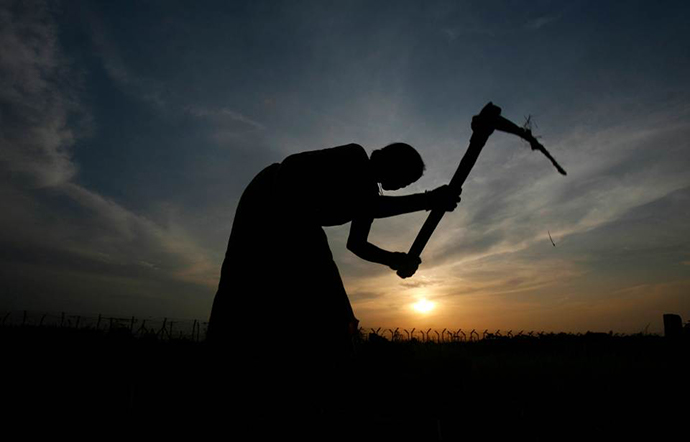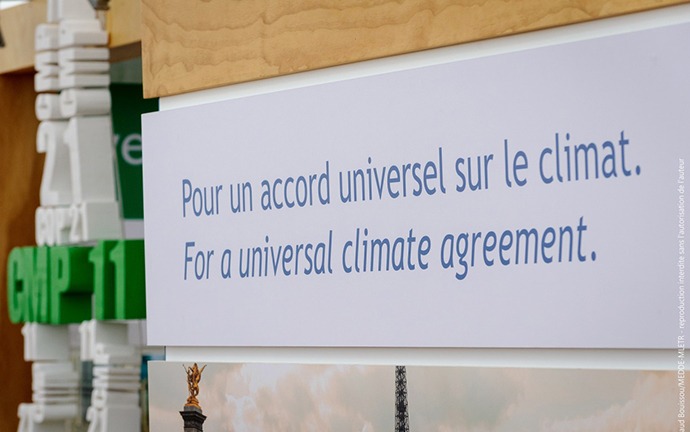Posted on January 18, 2016
By Pangea Giving
The municipality of Patzun in the Chimaltenango district of Guatemala is not unique. Like other regions of Guatemala it’s a highly patriarchal society and gender inequality is entrenched in the culture. The United Nations estimates close to 45% of Guatemala women are victims of gender- based violence and it’s even higher among rural indigenous women due to social isolation and limited access to resources.
Continue Reading
Posted on January 4, 2016
By Ranjana Das and Tzili Mor, Landesa

A farmer working in a paddy field is silhouetted against the setting sun on the outskirts of Agartala, capital of India’s northeastern state of Tripura August 9, 2010. REUTERS/Jayanta Dey
As world leaders convene in Paris this week for the 2015 UN Climate Change Conference, it is important that they recognize secure land rights for smallholder farmers – and especially for women farmers – as a critical tool for building a more sustainable planet.
It is increasingly understood that climate change is far from gender neutral. In fact, hotter temperatures, erratic rainfall, and worsening natural disasters ravage rural women in general and women small-scale farmers in particular. They must travel further for water and firewood, struggle with drought-stricken yields, grapple with disaster reduction and recovery efforts that fail to account for their interests and needs, and shoulder increased domestic workload related to climate change.
Continue Reading
Posted on December 14, 2015
By Heather Coleman, Oxfam America

Global climate negotiations begin in France on Sunday. Photo: http://bit.ly/1T4UMN8
A few top-line comments on the agreement coming out of COP21
We have been waiting for the world to act and today, more than 190 countries — including the US, have come together to do just that. Having been part of the climate movement for most of my professional life, it will be a moment I will not forget. It’s hard to overstate how important and historic a moment this is, with the US at the center of a global agreement that addresses one of the greatest challenges of our time.
Continue Reading

